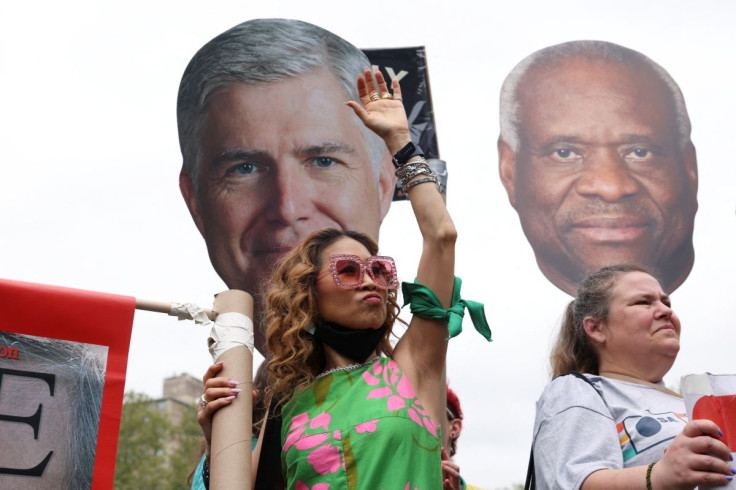Abortion Clinic Challenges Louisiana 'Trigger' Ban After U.S. Supreme Court Ruling

A Louisiana clinic on Monday filed a lawsuit challenging laws banning abortion in the Republican-led state that took effect after the U.S. Supreme Court's blockbuster decision to eliminate the constitutional right to abortion nationwide.
Louisiana is one of 13 states with "trigger laws" designed to ban or severely restrict abortions once the Supreme Court overturned the landmark 1973 Roe v. Wade ruling that recognized a right to the procedure was overturned, as it was on Friday.
In filings in a state court, Hope Medical Group for Women in Shreveport, one of Louisiana's three abortion clinics, said it was not disputing the state's ability to restrict abortion after Friday's ruling.
It argued that Louisiana was not free to do so in a manner the violated its due process rights and that the state's trigger bans "lack constitutionally required safeguards to prevent arbitrary enforcement."
Republican Attorney General Jeff Landry did not immediately respond to a request for comment. He hailed the Supreme Court's decision on Friday, and at an event said that those who challenge the state's bans were "in for a rough fight."
The case is one of several challenging Republican-backed abortion laws under state constitutions after the U.S. Supreme Court's ruling.
A Utah branch of Planned Parenthood on Saturday sued over that state's trigger ban, and abortion rights advocates plan to challenge an Ohio ban on abortions after six weeks that took effect on Friday.
In Louisiana, Hope Medical argued the state's laws make it impossible to tell when they are in effect, if one or all of them collectively are in force, and what exact conduct is prohibited, such as if exceptions exist to save a pregnant woman's life.
That vagueness has resulted in state and local officials issuing conflicting statements about whether the trigger bans are in effect, the lawsuit in Orleans Civil District Court contended.
© Copyright Thomson Reuters {{Year}}. All rights reserved.





















